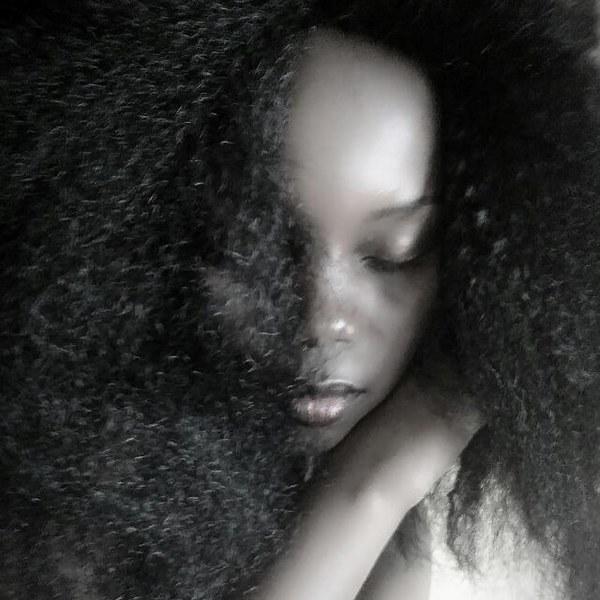“Hairs” to California, New York, New Jersey, and all of the other states that one-by-one are getting it.
You observed, listened and came back from the drawing board with laws that prohibit hair-based discrimination. Protective styles such as braids, locks and twists and looser styles such as Afros and braid-outs are now garnering more protection from a legal standpoint.
It’s a bittersweet victory. Sweet because lawmakers are finally responding to years of African Americans being unfairly targeted and denied opportunities because of their hairstyle choice. Bitter that the laws were even needed to protect African Americans’ right to choose how to style the hair that grows out of their own scalps.
Natural hair is just that – hair that is worn in its natural state. It has undergone minimum to no processing and very little manipulation. The textures are as diverse as skin tones. Some hair lies flat and smooth to the scalp, while other hair has coils shaped like the letters “s” or “z.” Some hair reaches to the heavens like a halo after washing while other hair is a little more reserved staying closely packed to the scalp.
The politics of black hair have been played out over and over again. This space won’t be used for that. This is no time for a “good hair v. bad hair” debate. All hair is precious to the point that “the very hairs of your head are all numbered.” (Luke 12:7). Good hair is hair that grows, periodt.
Instead of revisiting old hair narratives, let’s work towards removing the distinctions and misperceptions about what our hair follicles are producing. The natural hair movement much like the “Black Lives Matter” movement was birthed in response to the backlash that certain folks – i.e. black women – experienced when they wore their hair in an unaltered state that did not reflect Eurocentric norms. Chemical relaxers, weaves, press-n-curls and braided extensions generally don’t receive labels in the same manner as unaltered natural coils and curls. But yet, these styles are not called “unnatural.”
Despite a growing number of states getting it right with laws that prohibit hair discrimination, there continue to be instances of black women and girls being singled out because they chose a “natural” hairstyle. It’s an issue not only in the workplace, but on school grounds too as children are sent home for “unacceptable” hairstyles. Some males are even catching the heat for sporting their dreadlocks.
The label “natural hair” indicates that the wearer is doing something exotic or unique with her crown. “She’s natural,” onlookers will say, but what does that really mean? It boils down to a choice that the wearer made. If her hair is in a natural state, then she chose to leave her hair be. And that’s just fine. Hair is hair.
-Sojourner Justice
